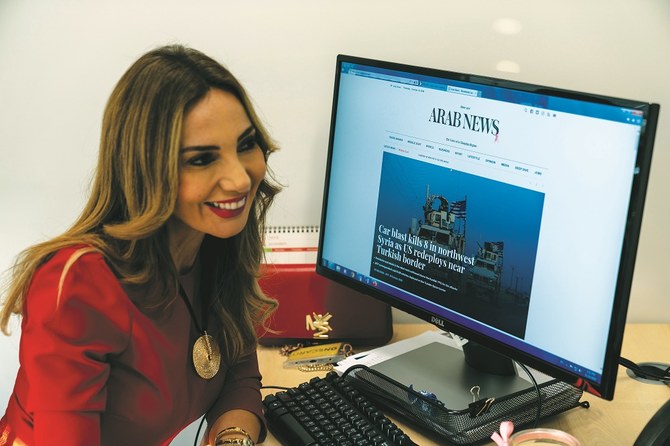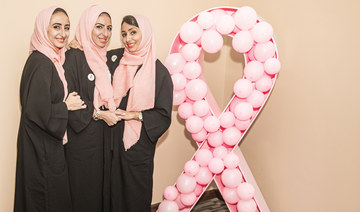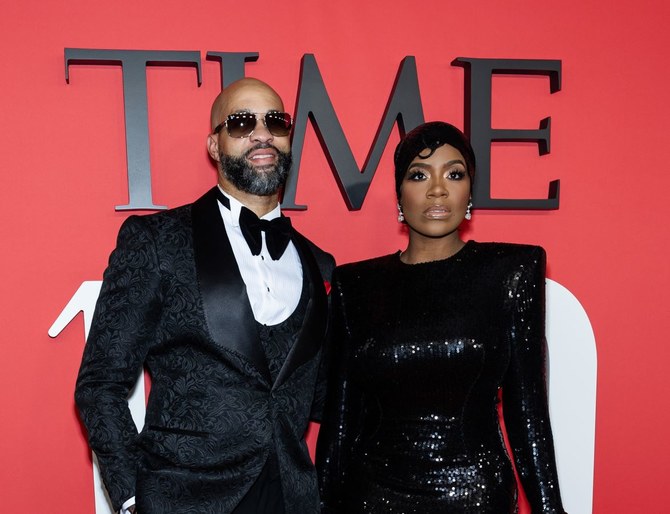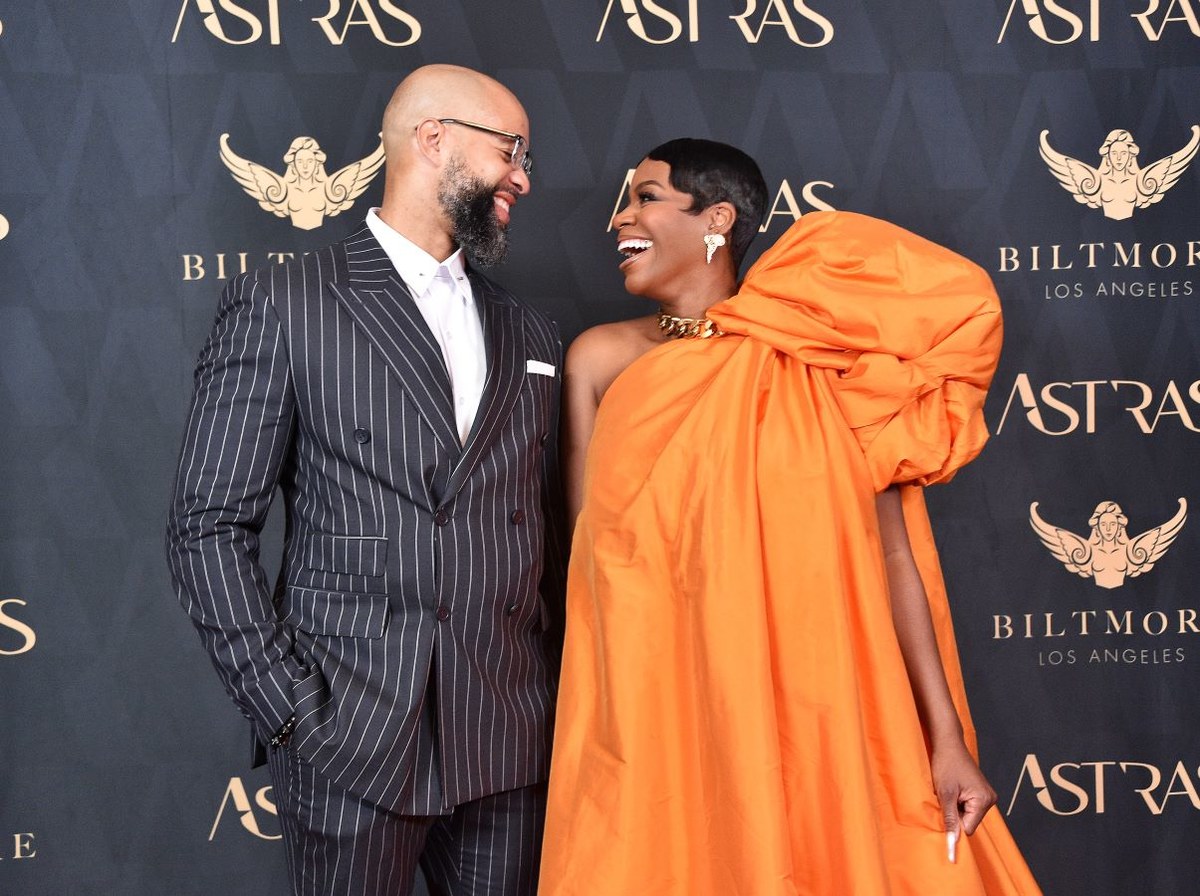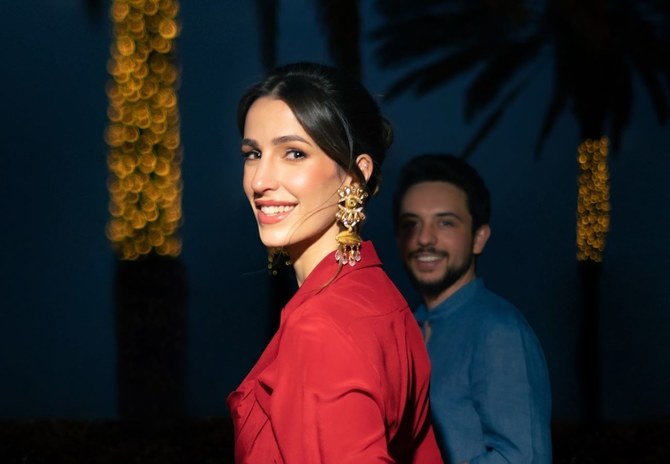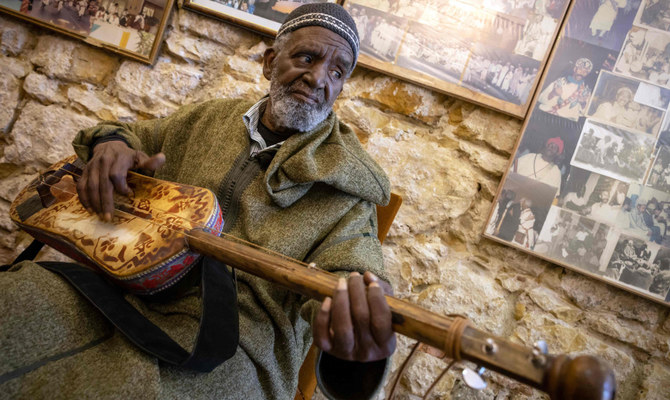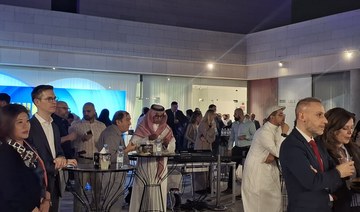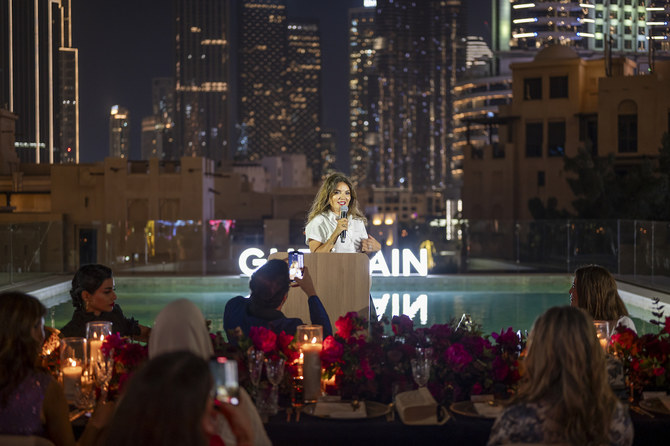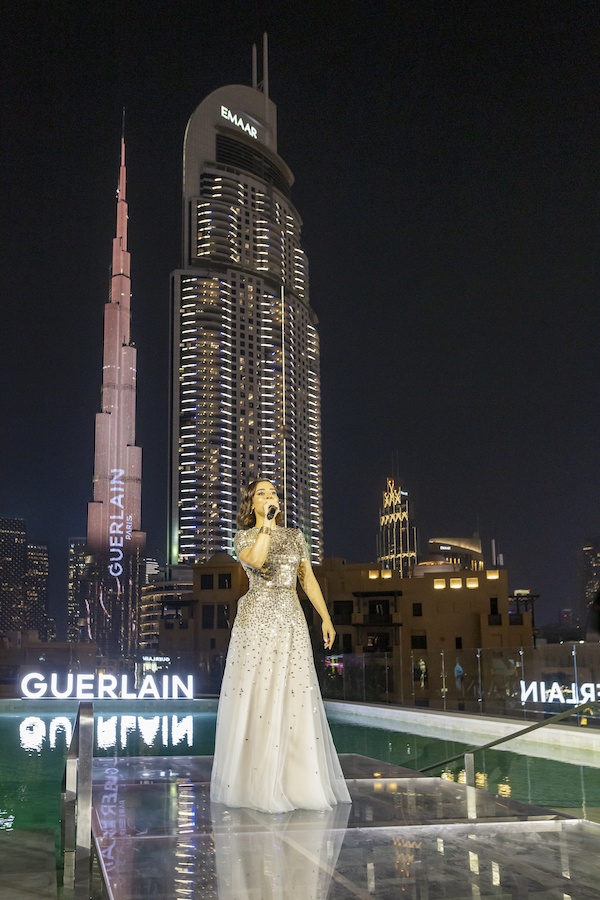LONDON: London-based Lebanese journalist Jocelyne Elia underwent treatment for breast cancer this year, and is now raising awareness of the illness in the Middle East. She is a television presenter, and the food and travel editor for Arab News’ sister publication Asharq Al-Awsat.
To wrap up Arab News’ campaign to highlight Breast Cancer Awareness Month, we spoke to Elia about the importance of Arab women checking their breasts for irregularities and ensuring that they make an appointment with a doctor if they have any concerns. She described how, despite Arab women being highly educated, there is still a stigma attached to the disease in the Middle East, and a shroud of fear surrounding it. She also explained how positivity, determination, and her loved ones helped her to fight the disease.
Q
How did you discover that you had breast cancer?
A
I discovered a small lump — around one centimeter — on my breast in May 2019 while I was travelling. I had it checked as soon as I got back to London, around a week later, at the London Breast Clinic, where they had an ultrasound doctor, a mammography doctor and a surgeon on-site, which was very lucky. They all saw me at the same time.
I didn’t find out whether I had breast cancer straight away, but the doctors highlighted three different issues with my breast. One of the issues worried my surgeon — Simon Marsh — and so he took a biopsy. One week later, I got the result that confirmed I had cancer. I discovered I had stage one, grade two breast cancer on May 17, 2019.
I wasn’t really checking myself when I found the lump. I happened to pass my hand through my clothing and felt that there was something unnatural there. I really encourage women, especially in the Arab world to check their breasts for lumps and thickenings. If the lump is superficial, it is easy to feel.
I also strongly recommend women, especially from the Middle East, to have themselves examined even if they have not found anything abnormal on their breasts. Not every lump is cancerous, but early detection increases the chances of being cured.
Q
Do you think there is a stigma surrounding breast cancer in the Middle East?
A
Definitely. Women, especially those from the Middle East, fear cancer and that’s why they leave it late to be examined. While undergoing treatment at a clinic in London’s Harley Street — which is known for its large number of private specialists in medicine and surgery — I met other Arab women, mainly from Saudi Arabia and the UAE. We used to have our treatments at the same time, and because I speak Arabic, I used to talk to them. I was very sad to find out that a lot of young women sought treatment at stage three and four, which is really unacceptable. If breast cancer is discovered early, it can be curable, as long as it hasn’t travelled to other parts of the body and as long as it is still inside the breast and hasn’t gone through the axilla. Many women in the Middle East are too scared to check themselves. Even if they check and find something, they don’t get themselves examined. Some have an examination done but when they are told that they have cancer, they get really scared about what will happen and leave it until it’s too late to seek treatment. If the cancer develops to stage four, it can kill them.
Arab women are highly educated and therefore this behavior has nothing to do with ignorance. The stigma surrounding cancer, and just the word cancer, scares many people. What I am trying to do now is to change this stigma and tell everyone that there is nothing to be scared of. Cancer is cancer. And it’s like any other problem that you may face in your life.
One in seven women in the UK will develop breast cancer in their lifetime. After my experience, I’d like to say there is nothing to be scared of, but if you discover that you have it, you have to do the right thing and listen to the doctor, have all the required check-ups, eat well, undergo treatment, and take the necessary medication afterwards.
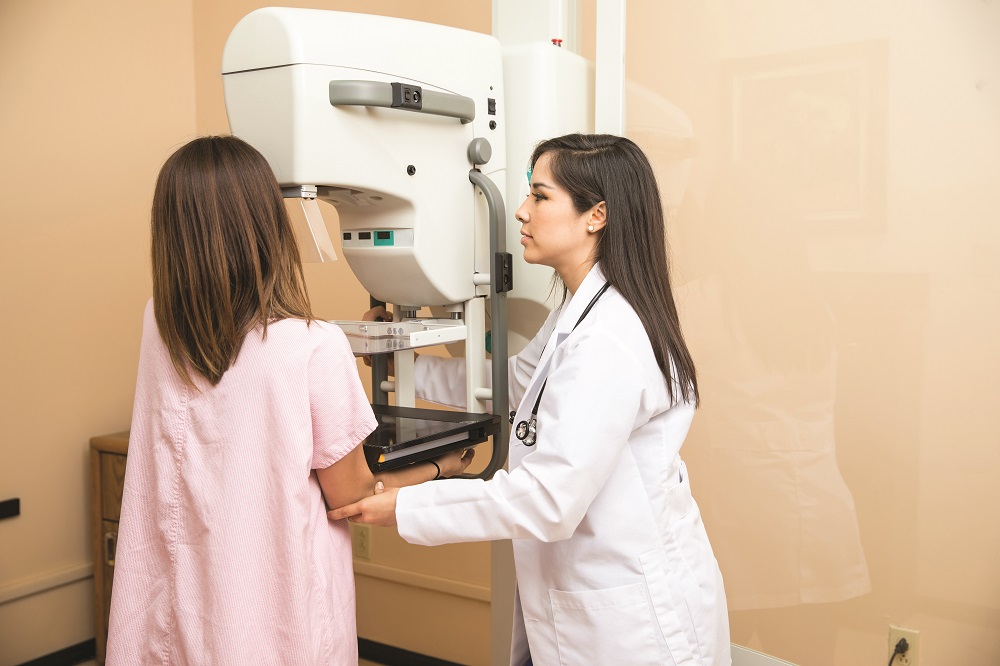
Elia urged women in the Arab world to have regular examinations. “Early detection increases the chances of being cured,” she said. (Shutterstock)
Q
What do you think of Arab News’ campaign to raise breast cancer awareness?
A
I’m so proud of it as a Saudi publication raising awareness about breast cancer. There is a large number of women suffering from breast cancer in the Middle East, with the highest number in Lebanon. But lots of people still don’t know much about it, even though it is so common. I am therefore really happy to see Arab News and other Arab media raise awareness. Personally, too, I’m very happy to be given the chance to talk about it because there is no shame in being sick.
Q
Aside from the medical side of things, what else was important to you during your treatment for cancer?
A
The most important thing is to surround yourself with good people. My friends and family don’t understand how good they were to me; they don’t know how much strength they gave me. They supported me out of love and care. For cancer patients, it’s very important that they surround themselves with positive people — people who know how to ask how they are doing.
Sadly, in the Arab world, people don’t know how to deal with a cancer patient. It is also a problem in the West too, but as someone who comes from the Middle East and does not have a history of cancer in the family, it was a new experience for me. I noticed that if you don’t surround yourself with positive, good and caring people, you can become depressed. Cancer is a mental illness as well as a physical one.
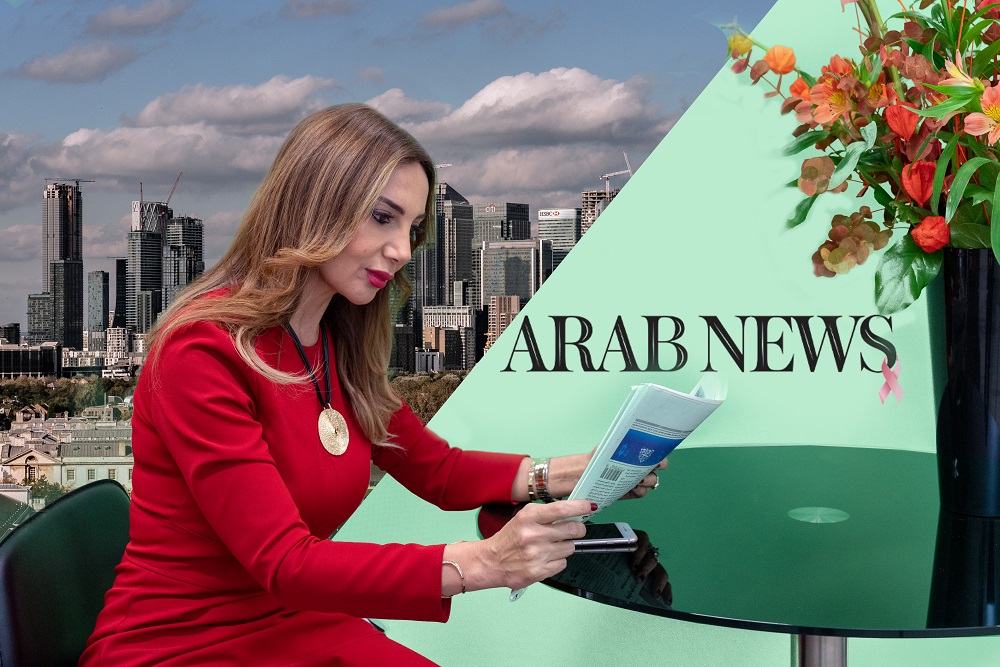
Q
What kind of treatment did you undergo?
A
The first treatment I had was a lumpectomy on May 30, and it was successful. I had the operation less than two weeks after I discovered I had cancer. I then underwent radiotherapy, and after that I started taking medication called tamoxifen which blocks the growth of breast cancer and reduces the risk of it recurring. It has a lot of side effects, but you have to be positive in these kinds of situations.
I will be examined on November 21, when I’ll have a mammogram and ultrasound and be informed whether I am cancer-free.
Q
What advice would you give to anyone who’s been diagnosed with cancer, or is undergoing treatment?
A
Don’t lose touch with the outside world. Cancer puts you in a bubble. Even your vocabulary changes; you start using words that you’ve never used before and you become more enlightened about medical issues. You must educate yourself.
Working really helped me. It really helped me keep my mind off of things. My profession is a creative one and my mind was always working. And even though I could only go to work once or twice a week, it was refreshing to see my friends and my colleagues, and to discuss something other than illness and breast cancer.
However, everyone is different and undergoing treatment is very difficult. Sometimes you can become very tired and find it difficult to get out of bed. You have to know your limits.



